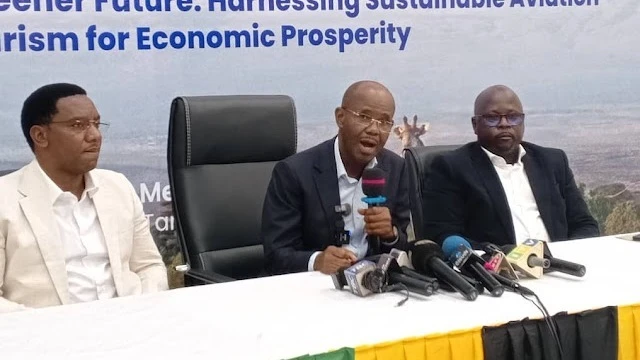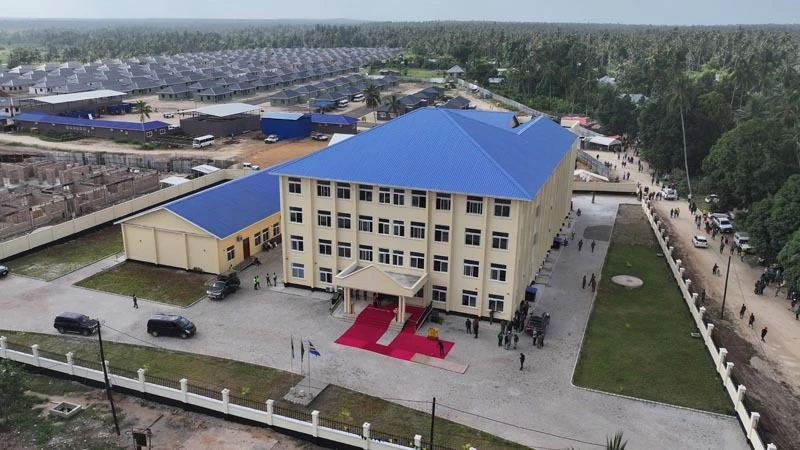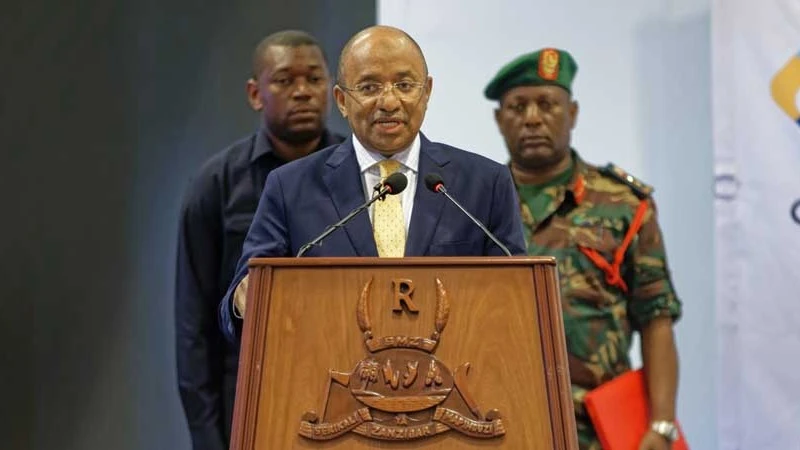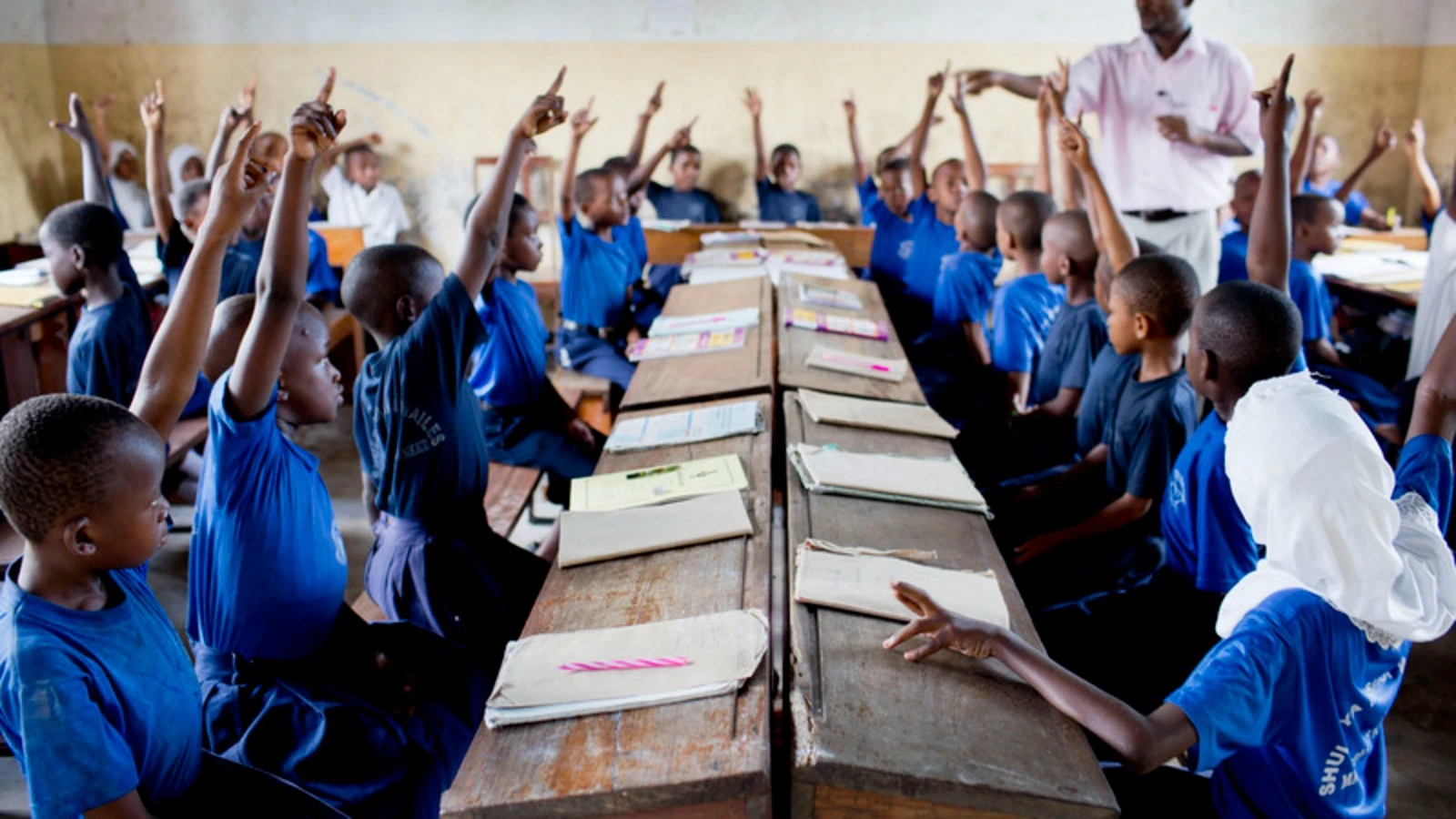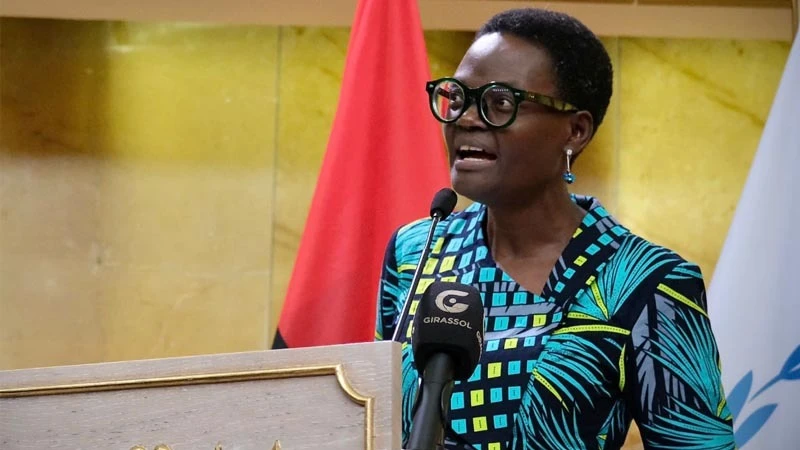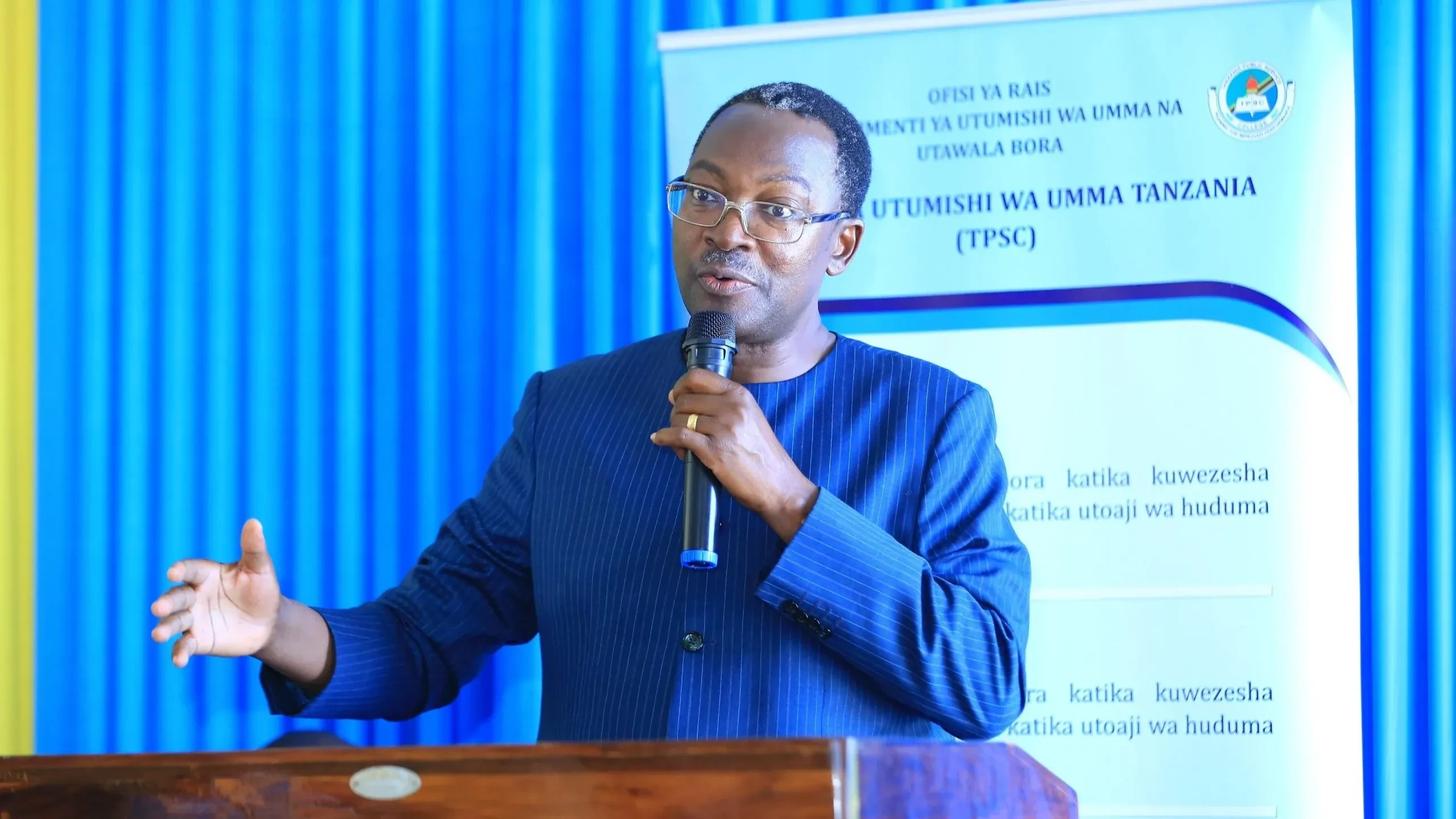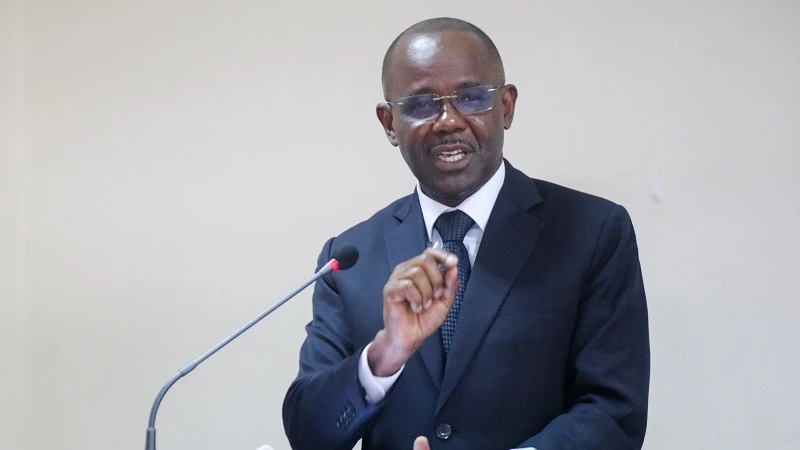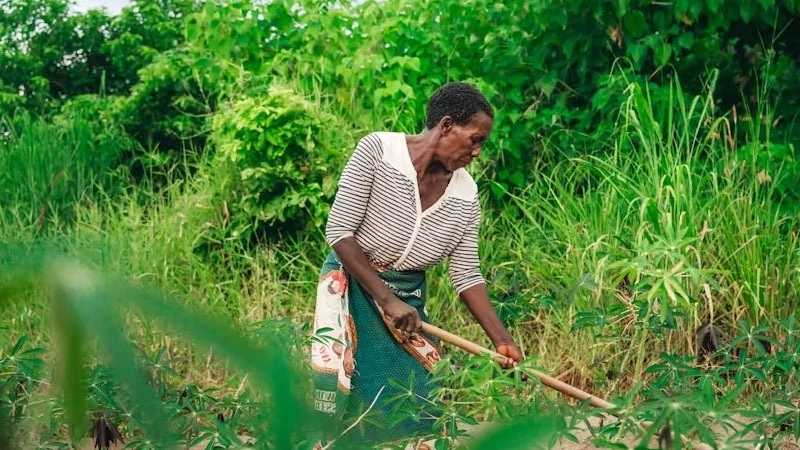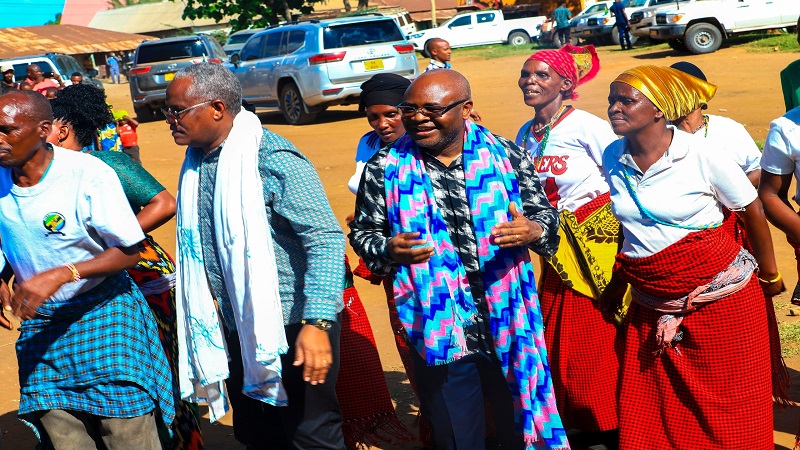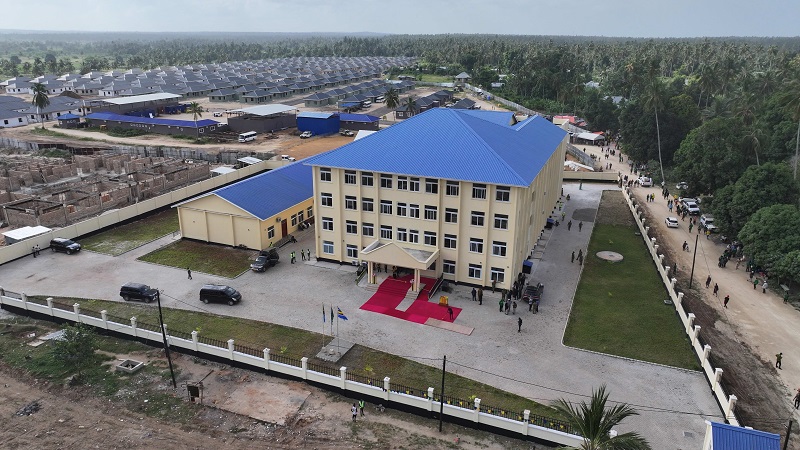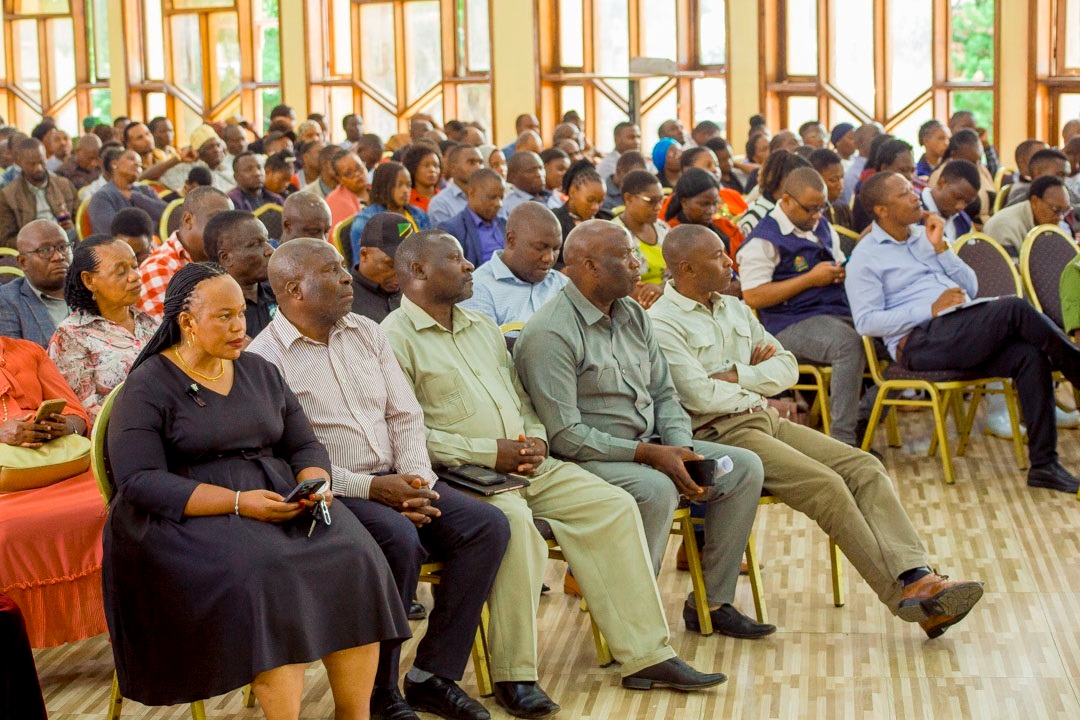Reasons for boom in filling stations unveiled
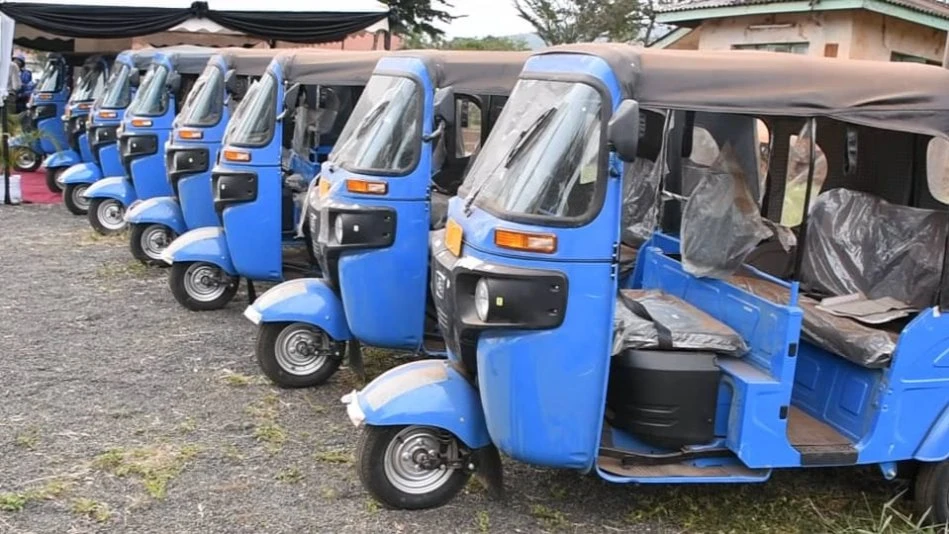
THE increase of imported vehicles, including private cars, modern luxurious buses, city commuter buses and cargo trucks over the last three years has played a significant role in the mushrooming of filling stations in urban Tanzania.
Also, the increase of ride-hailing business in big cities and towns across the country has also stimulated the demand for fuels.
The government and private sector are also reasonably guaranteeing sustainability and security of fuel business, due to increasing importations of vehicles.
For instance, during the financial year 2024/25 the government has allocated 890bn/- for procurement of vehicles to facilitate daily operations of government.
Way back in the financial year 2023/24, the government also allocated 554bn/- in procurement of new vehicles for the same purposes.
The country’s vehicle budget for both public and private sectors is estimated at 2trn/- annually, which has been good news for fuels importers.
According to Statista Market Forecast, Tanzania is projected to witness a substantial increase in revenue within the ride-hailing market, amounting to US$143.20 million at the end of 2024.
The revenues are expected to grow annually at a rate of 12.37 percent from 2024 to 2028, resulting in the market volume projection of US$228.30 million by 2028.
The number of users in this market is also projected to increase to nine million users by 2028, from currently estimated over four million.
The user penetration rate is expected to be 10.8 percent in 2024 and 11.6 percent by 2028. Moreover, the average revenue per user (ARPU) is expected to be US$19.18 in 2028.
The German-based online data gathering company also projects that by 2028, 100 percent of the total revenue generated in this market in Tanzania, will be through online hail-ride sales.
Interviewed pump attendants in various filling stations in Dar es Salaam reveal that the growth in the importation of Bajaj motorcycles, Boxer motorcycles and vehicles has not only benefited the owners and the government through sales and taxes, but has further seen filling stations owners generating supernormal profits.
Statista projects that the revenue in the overall motorcycle market in the country will reach US$262.80 million in 2024.
The market is expected to show a compound annual growth rate (CAGR 2024-2029) of 0.25 percent, resulting in a projected market volume of US$266.10 million at the end of 2029.
The largest segment in the market is on-road motorcycles, with a projected market volume of US$125.20 million in 2024.
It states that the country’s motorcycle market is experiencing a surge in demand due to the country's growing population, incomes and the need for affordable transportation.
Pump attendants interviewed said that customers for the filling stations have been increasing on a daily basis.
Idd Yusuph, Puma Energy pump attendant at Mwenge in the city said that the station has 12 pump nozzles, six for diesel and six for petrol.
According to him, each pump attendant serves not less than 300 customers with vehicles on day shifts and not less than 180 on night shifts.
According to him, the filling station receives hundreds of customers because of the company’s prestige brand that has won consumers’ trust for decades now.
He said customers have currently even doubled as compared to three years ago.
“Over 3,000 Bajaj motorcycles and Boxer motorcycles drivers are served on a daily basis mostly on weekdays. A minimum of 12,000 liters are sold on a daily basis from a total daily fuel reserve which stands at 16,000 liters," said Yusuph.
The Energy and Water Utilities Regulatory Authority (EWURA) report for the year ended June 2022 states that in 2021/22 a total of 4.09 billion liters of petroleum products were imported into the country compared to 3.83 billion liters in 2020/21.
Ten Oil Marketing Companies (OMCs) own filling stations that dominate the market share, with a collective 65.5 percent.
Puma Energy, TotalEnergies and GBP forms 10.8 percent, 10 percent and 7.6 percent respectively are the top three OMCs of the total 31 OMCs featured in the auditing report with the largest market share in imports and supply of the petroleum products.
The remaining seven OMCs with their market share percentage in brackets are MOIL (7.2 percent), Oryx Energies (6.5 percent), Acer Petroleum (5.3 percent), Lake Oil (5.3 percent), Oilcom (4.5 percent), Afroil Investment (4.2 percent) and Camel Oil (4.1 percent).
Dr Doto Biteko, Energy Minister said when tabling the ministry’s budget for 2024/25 in the National Assembly in April that as of March this year a total of 2,522 petrol and diesel filling stations were licensed by the EWURA countrywide to run fuel businesses, an increase of 9.8 percent from 2,297 licensed as of March 2023.
Dr Biteko said that OMCs doubled from 31 in June 2022 to 75 as of March 2024.
Matrona Ngowi, Manager Oryx Energies at Mwenge filling station pleaded for the district councils not to issue change of land use permits to construct filling stations within human settlements that put lives and properties at risk.
“For instance, along Kwa Mtogole road, there are about four filling stations next to residential areas. I think something is wrong with the permits issuance,” said Matrona.
According to her, there are places where investors should focus on putting up new filling stations.
She cited the Ubungo Maji to Kibamba suburb as a potential area where new filling stations can be constructed.
She said that along the road there are only four filling stations, one at Ubungo, two at Kimara Baruti and one at Kimara Korogwe, an area which investors need to capitalize.
“There are many trucks along the road which is an opportunity for the business community. We have one along the road, but it needs a fuel capital of between 300m/- and 400m/- apart from land and equipment costs for setting up a filling station along the road,” she clarified.
She said that at the filling station there are 12 pump nozzles, six for diesel and six for petrol. The filling station has a daily fuel reserve of 14,000 liters on a daily basis of which an average 11,000 liters are sold to an estimated 3,600 customers every 24 hours.
“The key challenge I face at this station is for Bajaj and Bodaboda drivers to camp in front of the entrance and exit points waiting for customers. The scenario scares away truck drivers in fear of causing accidents. I have consulted the traffic police, but it seems my advice is not to work,” said Matrona.
Just on the other side of the road, Oilcom filling station is offering the same service.
Feisal Rajabu, a lead pump attendant, said there are 12 pump nozzles at the station, whereby 10,000 liters of diesel and petrol are sold at the station every 24 hours serving an estimated 3,200 customers.
Bazil Jumanne, a pump attendant at Lake Oil filling stations Ilala said that he has witnessed an increase in the number of vehicles, Bajaj and Boxer motorcycles customers since November 2021.
“I serve a maximum of 700 vehicles on day shifts. Even in night shifts there are many customers. This city never sleeps. I work all night long” said Jumanne.
He said the business was quite difficult about three years ago, when most of the filling station investors opted to close their businesses.
"It seems like people make more money these days than the past three years. The filling station business is even profitable as days pass by, that's why everyone accumulating handsome bucks is rushing to open one," he said.
The Tanzania Ports Authority (TPA) annual reports show that imported vehicles destined to Tanzania have been on the rise since 2022.
From December 2022, over 2,000 vehicles were offloaded on a daily basis throughout the year at the port of Dar es Salaam.
The 2022 annual report shows that 40 percent of the imported vehicles were destined to Tanzania while the remaining 60 percent were for transit to neighboring landlocked countries.
With 40 percent of the imported vehicles it means that 800 vehicles were on a daily basis destined to Tanzania as of December 2022.
The number further translates that 292,000 vehicles were destined to Tanzania throughout the 365 days of the year 2022.
Out of curiosity, this journalist has learned that players in the transport and logistics sectors had since mid-2021 imported modern luxurious buses and trucks for fuel transportation among other vehicles.
For instance, on March 28, 2023 it was reported by online news platforms that Esther Express had imported 19 modern luxurious buses to strengthen its transportation services from Dar es Salaam to the Central and Northern regions of the country.
On September 28, 2023, five months later, Abood Bus Service introduced 12 modern dragon buses into the passengers’ transportation business.
On January 12th this year, Happy Nation received 21 modern dragon buses at the port of Dar es Salaam to strengthen the company’s competitiveness in the passenger transportation business.
The buses importation to the country is catalyzing the increment in the number of filling stations opened on a daily basis.
Emmanuel Gilbert, TPDC Gas Business Manager said that the minimum cost for equipment required for construction of a fuel station in urban areas is 120m/- while in rural areas it fetches a minimum of 75m/-.
“This is the reason why business people are rushing for petrol filling stations instead of CNG filling stations whose facility equipment fetched up to 1bn/- apart from land cost,” said Gilbert.
According to him, in urban areas, a fuel station project can be set up at a plot covering between 1,000 square meters and 2,000 square meters.
In rural projects, one needs a plot that covers not less than 400 square meters and that doesn't exceed 800 square meters.
This journalist has learned that the mushrooming of filling stations in urban areas has been beneficial to common people who managed to acquire land in prime areas over forty years ago.
Demand for plots in urban areas for setting up fuel stations has turned into a blessing for some of the old school landlords.
Abdallah Njoroge (73) who currently resides in Chanika suburb of Dar es Salaam sold his Tandale 1,450 square meters plot in Kinondoni district council at 800m/- in August 2022 to a businessman who wanted to set up a filling station on the land he secured from his friend at 380/- in 1972.
"I spent part of the money to build the house I'm living in today with my family and siblings that fetched only 130m/-,” he said noting that he secured 120 acres of farm land in Mofu village, Mlimba district of Morogoro region and another 100 acres in Mbingu village in the same district.
The father of six, he now owns two ten-room properties for renting retail shoppers at Chanika center and Machimbo center in Ilala district of Dar es Salaam.
He owns six Bajaj motorcycles and five Boxer motorcycles all operational in the city.
The old schoolman, who still looks healthy, owns an IST car.
He has delegated the management of his belongings to his five children while staying at home with his last born son, wife and siblings.
A source who preferred anonymity, pointed out six prominent politicians who are far from the renowned businessmen in the fuel business who are actively competing in opening new filling stations thus contributing to the mushrooming in urban areas across the country.
The source said that the politicians in question have gone far to secure loans from three commercial banks whose names are withheld, seeking for loans to invest in the filling stations business.
“The government’s mission of shifting to CNG consumption for vehicles is really not going to work. These people are out to make money regardless of threats posed on the environment and human lives,” said the source.
This journalist has made a follow-up to reveal the truth about the six politicians alleged to compete in opening up new filling stations at the Online Business Registration System (ORS) by the Business Registrations and Licensing Agency (BRELA) and established that the new filling stations are registered with different names of ownership not of the alleged politicians.
The Tanzania Revenue Authority (TRA) had on May 17, 2024 issued a public notice warning OMCs to stop allowing IT in transit vehicles and trucks to pack at their filling stations premises citing that the decision behind this habit is intended at facilitating tax evasion.
“TRA urges drivers, transporters and customs agents to comply with the East African Community Customs Management Act 2004 and its regulations of 2010 regarding this matter. On the contrary, severe punishment will be given to those who violate this order,” reads part of the TRA notice.
Rachel Mkundai, TRA Senior Public Relations Officer declined to comment whether the filling stations are doubted for offloading fuel on transit to neighboring landlocked countries or otherwise.
But, Hudson Kamoga, TRA’s Acting Director for Taxpayer Education and Communication was on May 18, 2024 quoted by local outlets saying that the authority had discovered that cargo on transit to neighboring countries are being parked in Dar es Salaam by owners for over four days for the intention of easing tax evasion processes.
Top Headlines
© 2025 IPPMEDIA.COM. ALL RIGHTS RESERVED











